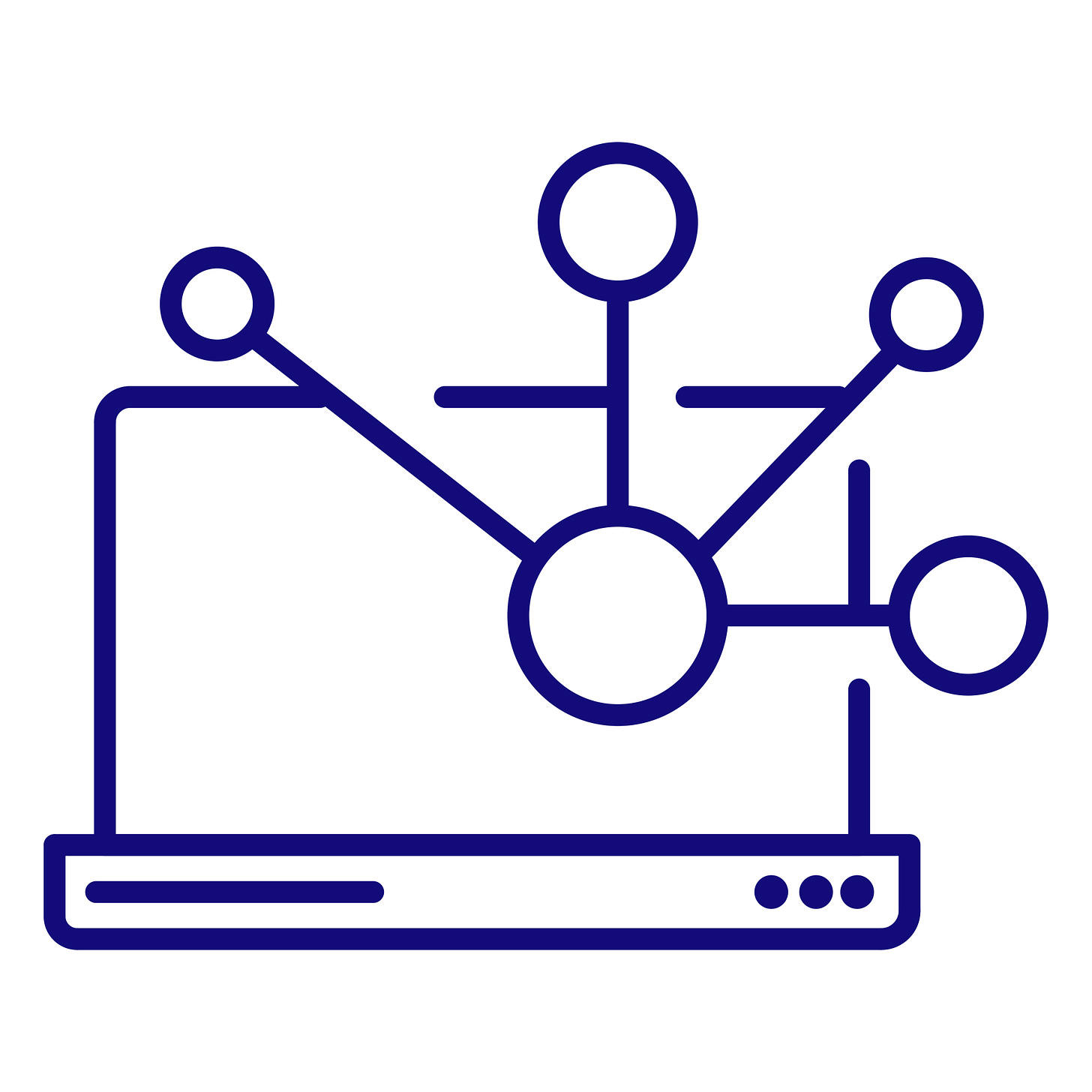Web3's Impact on Higher Education
Some thoughts on how the next phase of the internet will impact higher ed
The growth of digitally native educational institutions is inevitable.
Web3 will play a part in this growth.
But how?
Over the past few years, Web3 has received a lot of excitement as the next phase of the evolution of the internet. Web3 promises a decentralized internet based on blockchain technology (read more on Web3).
(Source)
One popular concept in Web3 is the decentralized autonomous organization or DAO. A DAO is "an open-source blockchain protocol governed by a set of rules, created by its elected members, that automatically execute certain actions without the need for intermediaries." (Source)
DAOs caught my attention because they have the potential to help increase learning incentives.
Participants in a DAO are not bound by legal contract. Rather, they are “incentivized by rewards in the form of native asset tokens that help them work towards a unified goal.” (Source)
In addition to a strong community and defined structure, incentives help drive a flourishing learning environment.
Building outside of the traditional educational system, new online educational organizations lack the power to grant accredited degrees.
As a result, the incentive to learn depends on the results that the students see. Is the effort I'm putting in resulting in tangible benefits/outcomes?
As bootcamps and cohort-based courses gain in popularity, it's proving that this model has benefits - it results in more accountability and alignment between the learner and the institution.
But, can DAOs further incentivize learners?
DAOs can provide additional incentive to learn by providing a financial incentive.
In a higher education DAO, one could earn tokens for contributing to the community, which would add an additional incentive to learn, participate, and elevate the community.
Kassen Qian notes in her post DAOs as University Replacements: A Thought Experiment, "If we view DAOs themselves as clubs utilizing social/community tokens, participants would be (at least financially) incentivized to contribute to the sustainability of the organization over the long term, even after they “graduate.”"
Over the next few weeks, I'll share how Web3 and higher education will integrate to build the next generation of sustainable education models.






Super interesting! Love the graphic of the history of the web. I’ve never thought of it that way! That “execute” piece is going to be revolutionary.
Loved the graphic of the history of the web. I had never thought of it that way! Web3 is going to be huge. The more I dig in, the more I realize how big it’s going to be.